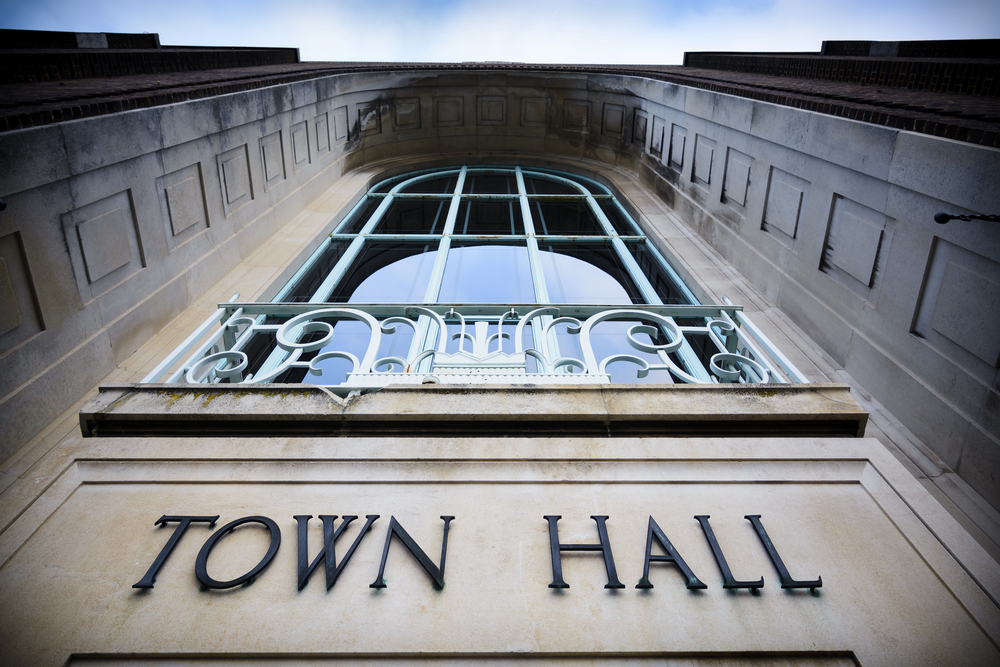A new Morning Consult poll presents a complicated picture of New Englanders’ trust in federal, state and local governments, as well as their outlook on government overreach and limited government.
One the one hand, 70% of respondents believe the country is on the “wrong track” with 60% strongly agreeing/somewhat agreeing that the federal government has “too much control over our day-to-day lives.” Yet when asked if the federal or local government was best suited to solve the nation’s problems, 56% of registered voters favored the former versus 46% for the latter.
The ‘National Tracking Poll’ surveyed 725 New England voters whose party affiliations consisted of 38% Democrat, 38% Independent and 24% Republican. Other notable demographic distinctions included mostly females (53%), along with a plurality of white, no college degree (44%), respondents aged between 45-64 (36%), and living in suburban communities (43%).
However, to make matters murkier, 66% respondents strongly agree/somewhat agree that politicians at the state and local level are more focused on “getting things accomplished than national politicians.” And local government is considered more trustworthy (76%), when compared to the state (70%) and federal (52%) levels.
Meanwhile, respondents have more confidence in state government (39%) than the federal (8%) in protecting individual rights, and 61% strongly agree/somewhat agree that “too many of our laws are regulations made by unelected agency officials in Washington, D.C.”
Furthermore, when asked if the federal government “can be trusted,” 82% of respondents gave failing, poor and fair grades. Opinion on the federal government was even worse regarding tax spending with 86% giving the same failing marks.
This is not strictly a Democrat or Republican perspective — 85% strongly agree/somewhat agree local participation is critical to maintain the American system of government; 78% strongly agree/somewhat agree that the most meaningful change happens at the community and local level; and 58% that local elections have more impact on people’s lives than national elections. These results go to show there is common ground across the ideological spectrum.
But there is also a disconnect evident in how many New Englanders are civically engaged in local affairs. In the past three months, between 80-90% of respondents have not written or called any politician at any government level; attended a rally, speech or organized protest; attended a public meeting on town or school affairs; served as an officer for a club or civic organization or even volunteered for a non-profit.
Despite respondents’ negative perspective on “government growing its power,” there are troubling indicators of how New Englanders view American principles such as federalism, limited government and self-governance. A 57% majority either are neutral or ‘don’t know’ how to feel toward Federalism (i.e., how the U.S. system is organized), while more than 30% of respondents remained neutral to limited government and self-governance. Only 15%, 39% and 36% viewed those principles positively, respectively.
Bottom line: New Englanders appear to like the concepts of limited government and localization, but are not civically engaged, as well as knowledgeable — perhaps through no fault of their own — on the founding American principles.

